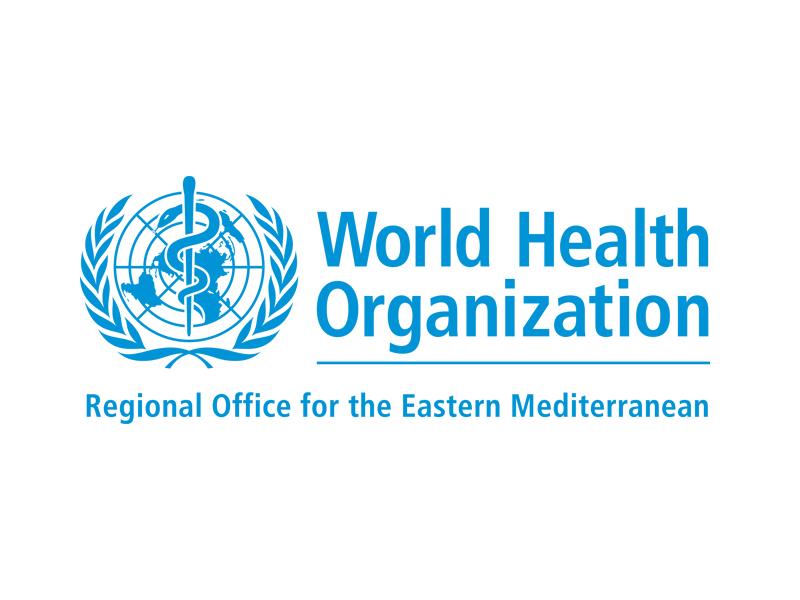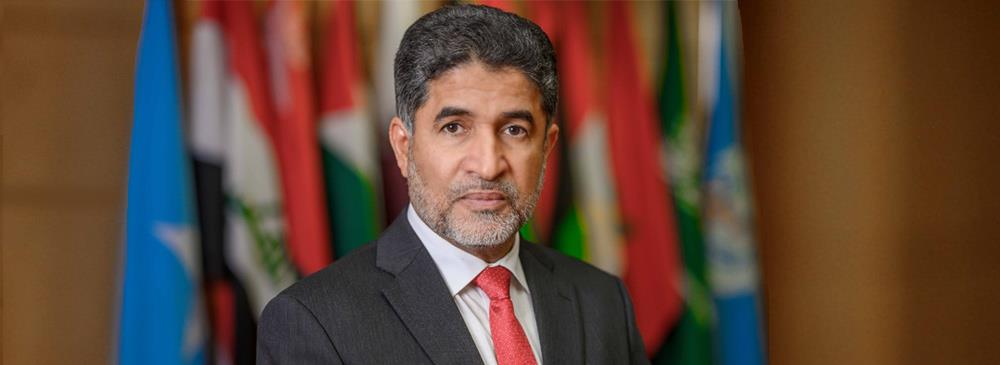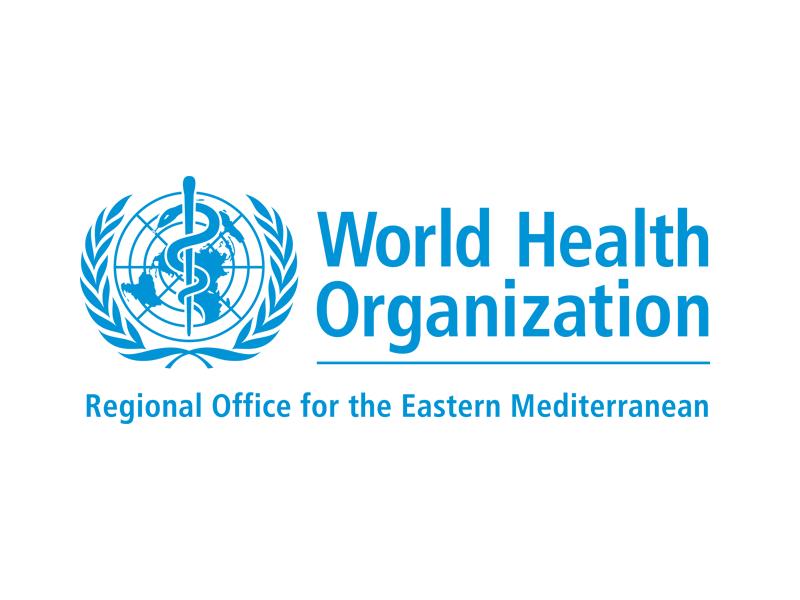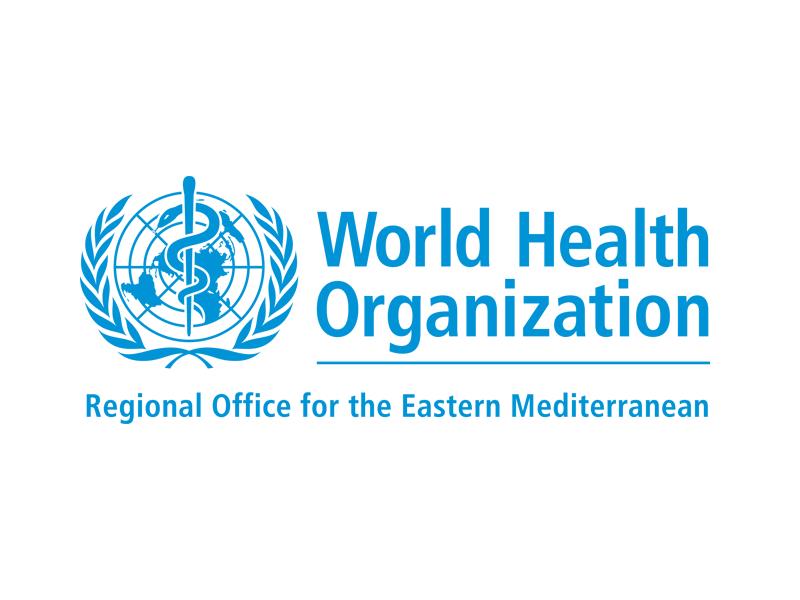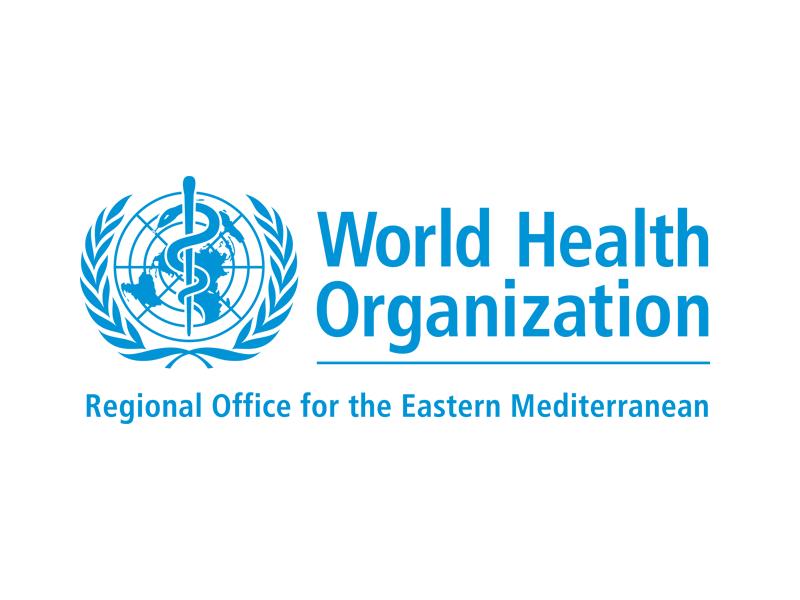
Ladies and gentlemen,
Over the last 50 years, health systems in the Eastern Mediterranean Region have been transformed, leading to improved health outcomes. Among other factors, the ability to prevent and treat infection successfully and cost-effectively has made an immense contribution to this progress. Child deaths have more than halved- from an under 5 death rate of 99 deaths per 1000 in 1990 to 45 per 1000 in 2021. Health systems effectively reduce the spread of communicable diseases and work towards their elimination. Surgery and cancer treatment now can be carried out safely with effective antibiotics to manage the risk of infection.
But today, it comes to us as a shock that all these gains are at risk if medicines are no longer effective against the micro-organisms that cause infections. Antimicrobial resistance is not a future threat – it is already taking its toll on health. When we cannot manage the risk of infection, more people die, more people experience chronic infection and suffering, and the costs of health care rise.
Antimicrobial resistance is often referred to as a silent tsunami. It is rarely directly recorded as a cause of death, but we now have quality estimates on the burden we face. The global burden of disease estimates that in the Eastern Mediterranean Region, in 2019, among sepsis deaths, 431 000 were associated with antibiotic resistance, with 115 000 directly attributable to bacterial resistance.
Data collected via the WHO Global Antimicrobial Resistance and Use Surveillance System – or GLASS – show that resistance levels across the Eastern Mediterranean Region are higher than in any other WHO region or the global average. We have an explanation for this unfortunate finding: our antibiotic use is considered the highest, and rising most rapidly, in the Middle East and North Africa.
I am delighted, however, that there is growing political commitment to address this threat. In 2022, at the Third Global High-Level Ministerial Conference on Antimicrobial Resistance in Oman, Member States signed the Muscat Manifesto, a commitment to reduce the use of antibiotics in food production and to ensure their appropriate use in human health. We look forward to more high-level discussion in 2024, at both the 79th session of the United Nations General Assembly and the Fourth Global High-Level Ministerial Conference on Antimicrobial Resistance in Saudi Arabia.
WHO has supported countries and territories to set the groundwork for programmes to combat antimicrobial resistance and strengthen infection prevention and control. As part of this system, 19 countries and territories now report their surveillance data on antimicrobial resistance to WHO.
From these firm foundations, we must now build up to action at scale. And that is about preventing, diagnosing and managing infections.
First, when we prevent infections, we reduce the need for antibiotics. Clean hospitals and good infection prevention and control prevent the spread of infection and give health workers the confidence not to overprescribe antibiotics.
Second, when we diagnose well, we do not use antimicrobials in the blind. This starts with a good clinical approach and an access to key diagnostic tests.
Third, we need to treat appropriately. WHO now divide antibiotics in three categories. Some of them can be accessed, some of them are under watch, and some of them need to be reserved. This “AWaRe” classification uses green, amber and red light on the choice of antibiotics. WHO published an antibiotic book and a corresponding app to provide guidance on managing common infectious syndromes in primary health care and hospital settings. For many conditions, no antibiotic care is needed. When antibiotics are needed, it is very often the “access” ones. These older, cheaper, safer antibiotics that are effective and less likely to lead to resistance. WHO recommends that 60% of all antibiotics used in any country belong to this access group of antibiotics. Many of our countries in the Region have a long way to go to achieve this target.
Progress slipped during the COVID-19 pandemic. Inappropriate use of antibiotics soared. The pandemic has, however, emphasized the importance of infection prevention and control and prompted real advances in this area: 17 of the Region’s 22 countries and territories now have an infection prevention and control programme. It’s our duty to sustain this momentum.
As we speak, our thoughts are with everyone affected by the complex emergencies across the Region, not least the escalating conflict in the occupied Palestinian territory. Life-saving treatment and humanitarian aid must be the focus. Yet, we need to remember that in conflicts throughout history, infections have killed more people than direct trauma. We must therefore build into our programming effective systems to prevent, diagnose and manage infection in fragile, conflict-affected and vulnerable settings.
Before I close, I want to also mention that the threat of anti-microbial resistance is not only about humans. Collective action is needed to control the development and spread of antimicrobial resistance among animals and in the food production sector. This approach across the human health, animal health, agriculture and environment sectors is called “One Health”. All of these sectors have seen widespread abuse of antibiotics. Antimicrobial resistance threatens animal health and food production as well as human health. The united efforts to reduce the inappropriate use of antibiotics and address antimicrobial resistance are a perfect illustration of our regional vision of Health for All by All.




